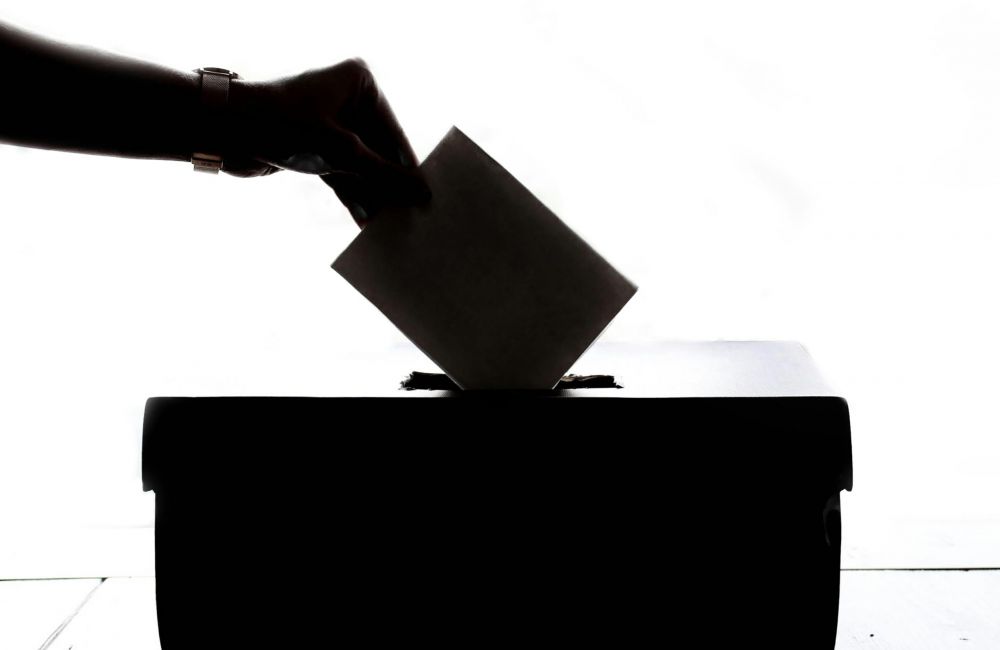Voting is a fundamental right to which every American citizen is entitled, but for much of history, many individuals with disabilities were excluded from voting because of prejudicial assumptions about their capabilities or limitations on voting due to inaccessibility.
Numerous federal laws have since been enacted to combat these forms of discrimination to ensure that every American citizen is able to fulfill their civic duty and vote in elections. These laws range in the steps they take to protect individuals with disabilities from any sort of discrimination at polling places, during voter registration, and so much more.
At every step of the voting process, these protections exist to ensure that individuals with disabilities have access to the same fundamental voting right possessed by every other American.
Americans with Disabilities Act (ADA)
The ADA provides protections to people with disabilities in a similar way that protections are provided to individuals on the basis of race, color, sex, national origin, age, and religion. Specifically, Title II of the ADA requires all State and local governments to ensure that people with disabilities have a full and equal opportunity to vote. These provisions apply to all aspects of voting, from voter registration and the casting of ballots to polling place site selection.
The provisions also apply regardless of whether you’re voting during an early voting process or on Election Day and regardless of whether you’re voting in-person or through an absentee ballot.
The ADA applies to all elections, whether it be State, federal, or local, meaning that at every voting opportunity, individuals with disabilities should not be hindered in any way from voting.
Voting Rights Act of 1965 (VRA)
The VRA requires election officials to allow blind voters or voters with any other disability to receive assistance from a person of the voter’s choice. This person can be anyone other than the voter’s employer or an agent of the voter’s union.
The VRA also prohibits conditioning the right to vote on a citizen’s being able to read or write or having attained a particular level of education.
Voting Accessibility for the Elderly and Handicapped Act of 1984 (VAEHA)
The VAEHA requires accessible polling places in federal elections for any individuals with disabilities and elderly individuals. Under this law, where there’s no accessible location available to serving as the polling place, voters must be provided an alternate means of voting.
National Voter Registration Act of 1993 (NVRA)
This law requires all offices that provide public assistance or any State-funded programs that primarily serve persons with disabilities to also provide the opportunity to register to vote.
Help America Vote Act of 2002 (HAVA)
The HAVA requires jurisdictions responsible for conducting federal elections to provide at least one accessible voting system for persons with disabilities at each polling place. This accessible voting system must provide opportunity to access and participate in the voting process that is equal to what all other voters receive.
How These Laws Facilitate Voting
All of these laws come together to ensure that individuals with disabilities are capable of going out and voting in some manner on Election Day. Historically, individuals with disabilities have low voter registration rates, but with these laws, there’s nothing stopping individuals from fully exercising their fundamental right to vote in local, State, and federal elections.
Overall, these laws:
- Make voter registration available to ALL;
- Require accessible polling places;
- Ensure that no procedures during the voting process discriminate against anyone with a disability;
- Give any individual the right to assistance during the voting process from a person of the voter’s choice; and
- Provide voting systems that are accessible to all, especially those with any visual impairments.
It’s more important now than ever to ensure that you exercise your right to vote, and these laws ensure that you’re able to do so.
This November, knowing you’re safe under the protections of these laws, make sure you get out and vote!

